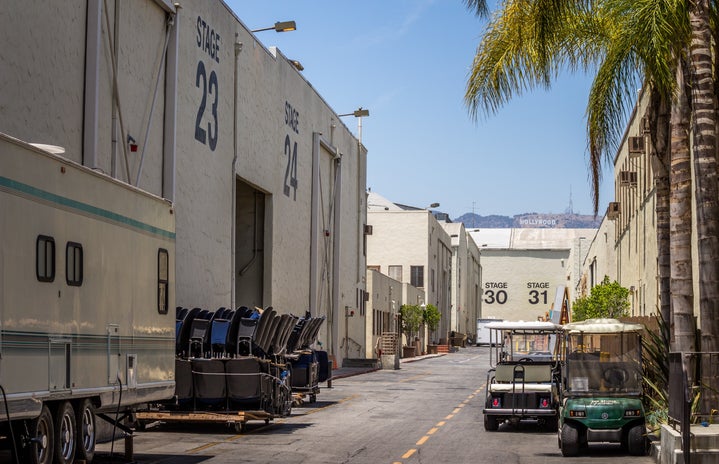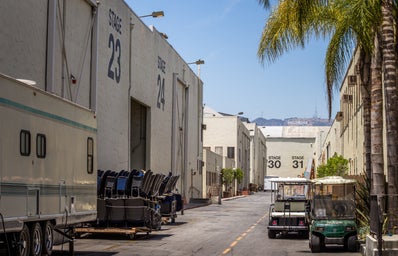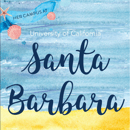With a sparkly toy microphone in one hand and a stuffed tiger in the other, my five-year-old self would belt “A Whole New World” at the top of my lungs. Following along with the animated movie onscreen, I was entranced by the magical carpet, which I wanted more than anything and the golden lamp that granted wishes. But most importantly, I was mesmerized by the beautiful princess Jasmine that looked just like me, her glowing olive skin and long dark hair looked just like mine. So surely, if she could be a princess, I could as well. But, Agrabah is not real, which is news to some people.
Hidden under the music and magic, Aladdin “was criticized for perpetuating Orientalist stereotypes of the Middle East and Asia” an article by the BBC explains. The animated Disney film begins with a mysterious welcome from a dark man dressed in an oversized turban who begins to set the scene. “Salam,” he says, and at this moment, arises the beginning of many ignorant contradictions. The creation of this mystical city destroys the individuality of “eastern” culture, presenting images synonymous with India in what is being portrayed as the Middle East.
And, with little representation of Middle Eastern characters in entertainment, Aladdin is the closest thing many Americans have to understand this seemingly distant culture. In a poll reported in an article by the Guardian “in 2015, it was revealed that 30% of Republican voters in the US would vote in support of bombing Agrabah.” But, newsflash: It does not exist.
Not only does a lack of diversity in entertainment bolster stereotypes, but it also has deeper effects on the understanding people have of other cultures. In a lecture, Professor of Communication, Dana Mastro, explained how groups are represented in entertainment affects how others perceive this group, especially if this is not a group one often encounters. Think about it: if a person’s only exposure to a certain group is through entertainment, they might believe that the characterization is representative of the group because that person would not have contradictory personal evidence.
There is a long road to cover before minority representation matches the actual ratio of minorities in the population. But, with increasing awareness of racially charged stereotypes and with exhaustion from falsely portrayed minority groups, the climate within entertainment is, ever-so-slowly, evolving. There has been a trend of large blockbuster films having casts with greater diversity. Unless you have been living under a rock, you know that films like Crazy Rich Asians and Black Panther have taken the world by storm (and hey, they tried to re-make Aladdin, attempting to quell its problematic nature).
Crazy Rich Asians made huge waves in the realm of representative entertainment. The film was praised for its heart-warming romantic tale and its quirky characters. With its fully Asian cast and its tribute to the best-selling Asian American author, Kevin Kwan, the movie does not force itself to assimilate into the whitewashed industry that has sucked culture out of beautifully ethnic stories. Yet, the film faced a backlash at the production level. “An early prospective producer suggested casting a white woman as the lead” an article by Time Magazine explains. It takes creators who are stubborn enough to honor the story a writer has created. There has been great misunderstanding surrounding how profitable movies with diverse casts are. But as many recent films have proven, expanding from a whitewashed depiction of life does not mean sacrificing the bottom line.
What better example of this than Black Panther? An article by Vice suggests that Black Panther’s “virtually all-black cast, fantastic representation of strong women, African setting, and nuanced characters and storylines,” solicited enormous praise. The importance of this film, the Vice article goes on to suggest, was rooted in its ability to portray minority groups, who have been routinely underrepresented, in an immensely positive way—as superheroes.
A futuristic spaceship flies over the African safari, blasting its way over grasslands and charging zebras. A juxtaposition of images, one might think, until the ship bursts through a force field into a city filled with technological advancement. “An advanced African civilization, thriving in isolation, untouched by war or colonialism” an article by the Atlantic states describing the fictional country of Wakanda where the majority of the film is set. The image is just one of many that debunk hierarchical notions about an Africa that is lesser-than its Western counterparts. And more broadly, the film debunks elitist notions of Blacks in a White society.
Minority representation in entertainment is not only important for us to understand other cultures and debunk racially charged stereotypes. It is also important for members of minority groups to see themselves on screen. When members of minority groups are exposed to negative characterizations of themselves, self-esteem is affected in several ways. And as Professor Mastro explained in her lecture, it is not only the quality but also the quantity that matters. In other words, it is not only about positive characterization but also about being represented at accurate rates.
It is important for Asian-American girls to see the successful and level-headed Rachel Chu and for young African-American boys to see the power T’Challa embodies. In the same way, I loved Princess Jasmine, not because I wanted to fly on a magic carpet, being fully unaware of Aladdin’s racist undertones at age-five. But, I loved her because I was a Princess Jasmine in a world full of Ariels and Cinderellas.
All Images via Giphy



